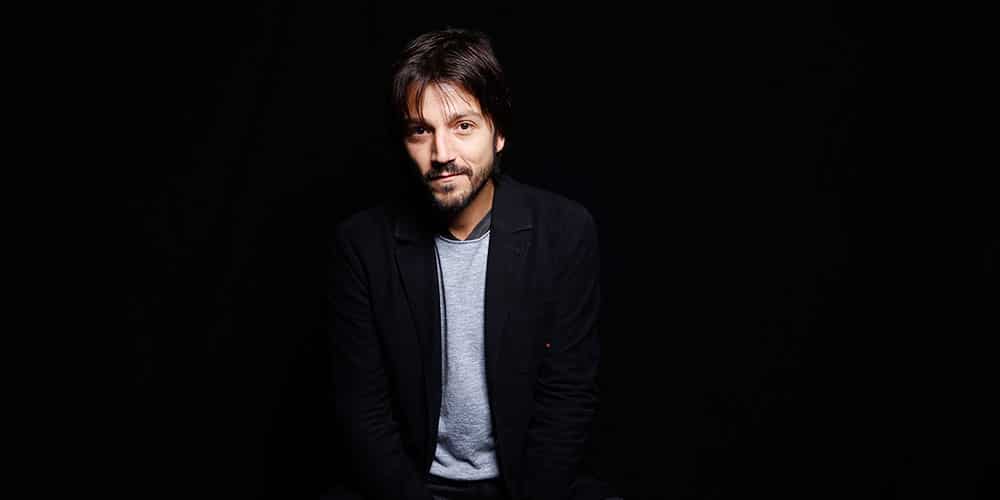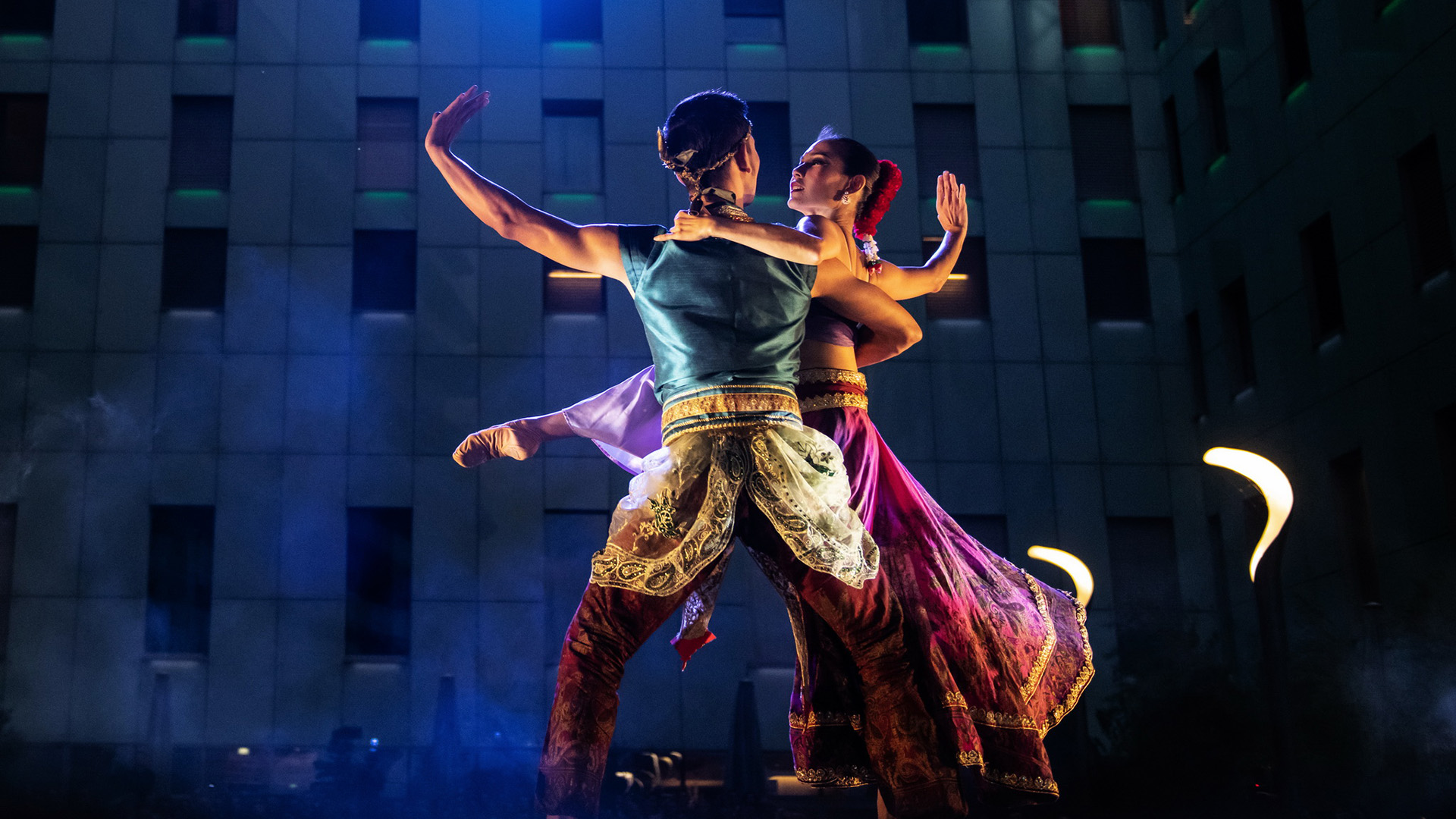
(Photo: Matt Sayles/Invision/AP)
Culture + StyleDiego Luna on Indie Films to ‘Star Wars:’ ‘Leave Fear Behind. Take Risks’
By Valentina I ValentiniAt once, Diego Luna feels like an old friend and an untouchable visionary. The combination of humility and intellect is disarming. His acting career has paired him with greats like Gus Van Sant (“Milk”) and Steven Spielberg (“The Terminal”); he’s in the upcoming “Rogue One: A Star Wars Story,” in theaters Dec. 16; he’s produced over two dozen films and TV shows; and his own directing chops got him a best narrative spotlight win at 2014’s South by Southwest Film Festival for “Cesar Chavez.”
“Mr. Pig,” his third film as a director, is another road trip movie through Mexico, as was his 2001 acting breakthrough, Alfonso Cuaron’s “Y Tu Mamá También.” In “Mr. Pig,” instead of two young boys eagerly exploring the unpredictability life has in store, it’s an old man (a somber Danny Glover) reaching the end of the line and trying in his flawed way to mend the damage he’s done along the way, especially with his only child (Maya Rudolph). “Mr. Pig” debuted at the Sundance Film Festival and will screen in Berlin at the European Film Market.
We spoke to Luna as part of Autograph Collection Hotels’ interview series The Individualists and Variety.
Film can reflect the period in which we live, and you’ve had such a unique take on that with your work. What is it with “Mr. Pig” that reflects our lives today?
It’s a film about migration — a universal theme. This story is about a man that lives in a place he feels he doesn’t belong anymore. He’s looking for that idealistic spot where he can spend the rest of his life, which is looking short. The story started with the idea of an American looking for (that good home) south of the border. Which is another way to look at the same issue that Latin America has been having with the “First World” for so many years.
It’s that and then it’s a father and daughter film: a father that has the chance to reconnect with his daughter. It’s like how your perspective changes when you become a parent. When I became a dad, I so wanted to go to my father and say I was sorry and that now I get it. This is film is about that chance.
You’ve been a part of some stellar films in your acting career. What do you think it takes to stand out in the film industry today?
I think you have to leave fear behind. Take risks. Whatever sounds crazy, whatever sounds a little uncomfortable is good. And no regrets, also. It doesn’t matter if you have good or bad experiences, everything shapes you, and everything has a potential to make you grow, if you find the way to use it.
A few of the films I’ve made make me very proud and a few I wouldn’t allow any of my friends to watch (laughs), but that doesn’t mean I regret accepting what I accepted at that moment, because everything I’ve done has gotten me to this place. And I’m in a pretty cool spot. I’m shopping a film that I wrote and directed, that I worked on with the people I wanted to work with and I told the story I wanted to tell. That freedom means so much.
What’s the biggest difference between working in the indie film industry in the U.S. compared to Mexico?
In the States, there is always a feeling of a complaining in the independent world, because you have the reference of the studio system so close. For us (in Mexico), independent film is the only thing that exists. We have no industry; we don’t live from the tickets we sell. We live from selling our ideas to financiers that have too much money and want to lose some and be able to travel to festivals. What we do is not business driven. So there’s a freedom sometimes that you don’t find anywhere else. But a freedom based in a very sad reality, which is that we don’t live from the tickets we sell.
Is Mexico where you call home?
Wherever my kids are is home. Today they’re in Mexico, so that’s home.
Do you have a favorite place to escape to?
In “Mr. Pig,” there’s a beach where the man ends up at in the film. It’s where I love to be when I just want to hide. It’s called Playa Majahuitas, in Jalisco, and when you can only get there by boat. You arrive in Puerto Vallarta then you take a boat for 40 minutes to get there and it’s spectacular. Sometimes I get that feeling when I’m at a festival as well. Like when Sundance goes crazy, I just get on the ski lift, put my helmet on and my sunglasses, and I’m just another skier. No one cares about me.
How has travel shaped who you are an artist?
“Y Tu Mamá También” — which happens to be a road trip film as well — changed my whole perspective in thinking about myself as an actor and an artist. I suddenly realized I was part of something bigger, that there was an interest in my work somewhere else, that I could erase those frontiers that I’d had in my head because… because I don’t know why. I guess my education. But I realized that I was allowed to work almost anywhere I wanted, or at least could try. Traveling became so important to me.
Is there something or someone that inspires you to create art?
My father. He is a set designer, and recently he received one of the most important awards an arts person can receive in Mexico. I was hearing everyone talk about how important my father is for so many, and I realized at that ceremony that because of him, I learned first to be an audience and then an artist. He taught me to observe from a very interesting and specific perspective and to question everything more than once. I think I do what I do just to try and please him. So yeah, I blame him.







